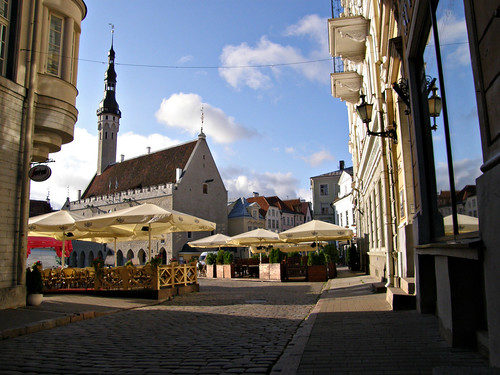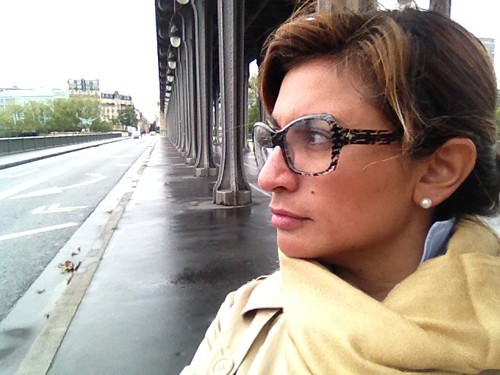 Every time we meet for organizing the next PLE Conference, there are some –typical I guess- worries in the air: We are not a “serious conference”, yes we have papers (published in our proceedings), and we published some of them in relevant journals, but we are little, we have not “proper” sessions of presenting, we normally publish every single part of the conference online, so
Every time we meet for organizing the next PLE Conference, there are some –typical I guess- worries in the air: We are not a “serious conference”, yes we have papers (published in our proceedings), and we published some of them in relevant journals, but we are little, we have not “proper” sessions of presenting, we normally publish every single part of the conference online, so
Why people would like to spent its time and money on coming to the conference?
Because the main idea of the PLE Conference, is being a REAL opportunity for learning together.
The majority of us –academics… ish- are tired of being in big conferences were the only important thing is being on it, having a paper, listening to the keynote and getting the certificate.
I’m one of them, please do not misunderstand me, I love to be on conferences :-), I normally like to be there, to have the opportunity of showing my work, listening to other experiences and listening to great speakers speaking about relevant topics.
Unfortunately, from our experience, there are too many conferences where we cannot discuss, there are too many presentations, speakers are quite inaccessible, the topics some times continue being in the “same place” because of the “mood” and the audience is just this, the audience.
THIS is our challenge every PLE conference, “flipping” the conference (using one of the “meme terms” of our time): you can read the papers by yourself in the proceedings @home, you can read the Speaker’s book (papers, blogs) without coming, BUT you CANNOT be part of the discussion.
The main objective of this conference is having a pulse about the state of the art of research and thinking around Education and technology with the excuse of speaking about PLEs, as well as having good discussions about what are the next boundaries, the last challenges, the abandoned ways, the feeling we have.
All these past years we have tried to do it. We have re-opened the spaces and contexts in the conference in order of having more and better conversations and networking. So, we are –and we want to continue being- definitively not a “normal” conference, if you want to go for a normal one, don’t come to PLE Conference, we are a space for learning and if you come (we would love you will do it), you will be a part –a crucial one- of it.
From the concepts around learning that has been potentialized in the last years, is that learning is something that could happen beyond in our minds, it is something that could be done in communities AND this is one of our challenges here, learning together, speaking, discussing, arguing, laughing, eating and more together, trying to envision what is the real next step.
And for envision it, we really need you, SO, please, come and join us in the discussion, come to the PLE Conference!



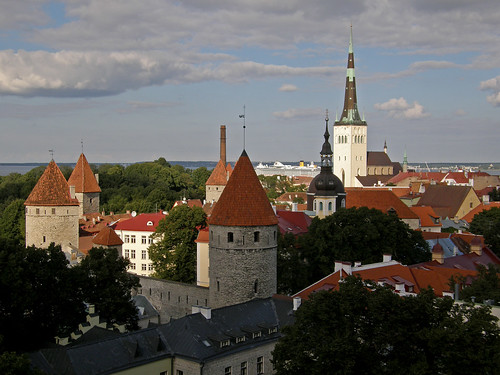
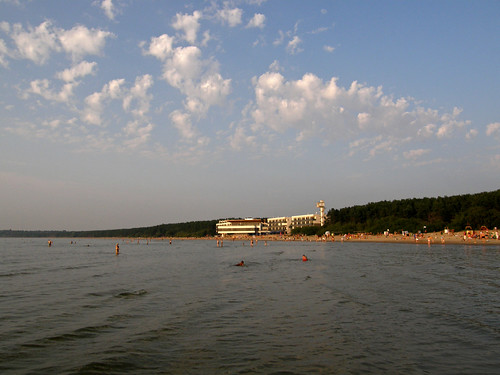
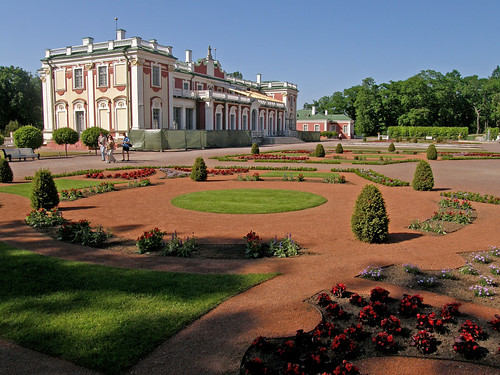


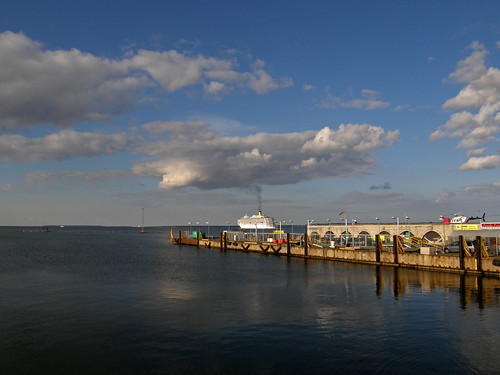
 Learning and Education are not the same, although they are often confused. Whilst technology has augmented and transformed the means by which individuals can do the work of learning, the institution of education has developed in different ways, harnessing technology to increase their dominance and power in the lives of more and more people. This appears contradictory: how can a technology which makes the means of learning more available contribute to the rise educational institutions who, despite rising costs borne by students, take a stranglehold over the business of education, and the lives of learners the world over?
Learning and Education are not the same, although they are often confused. Whilst technology has augmented and transformed the means by which individuals can do the work of learning, the institution of education has developed in different ways, harnessing technology to increase their dominance and power in the lives of more and more people. This appears contradictory: how can a technology which makes the means of learning more available contribute to the rise educational institutions who, despite rising costs borne by students, take a stranglehold over the business of education, and the lives of learners the world over? Every time we meet for organizing the next PLE Conference, there are some –typical I guess- worries in the air: We are not a “serious conference”, yes we have papers (published in our proceedings), and we published some of them in relevant journals, but we are little, we have not “proper” sessions of presenting, we normally publish every single part of the conference online, so
Every time we meet for organizing the next PLE Conference, there are some –typical I guess- worries in the air: We are not a “serious conference”, yes we have papers (published in our proceedings), and we published some of them in relevant journals, but we are little, we have not “proper” sessions of presenting, we normally publish every single part of the conference online, so